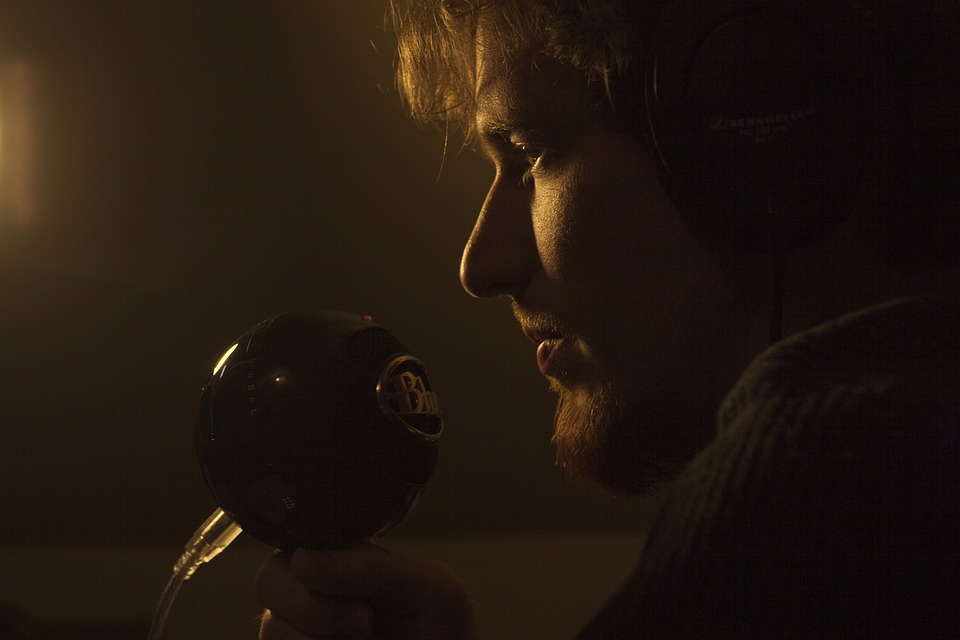The Impact of Radio Broadcasting on Popular Culture
Radio broadcasting has played a significant role in shaping popular culture throughout the 20th and 21st centuries. From music to news, talk shows to sports coverage, radio has been at the forefront of influencing the tastes and trends of society. Let’s explore some of the ways in which radio broadcasting has made its mark on popular culture.
Music
One of the most prominent ways in which radio broadcasting influences popular culture is through music. Radio stations have the power to introduce new artists to the masses and can help propel them to stardom. In the early days of radio, it was common for artists to perform live on air, providing listeners with a unique and intimate experience.
With the rise of Top 40 radio stations in the mid-20th century, music became more accessible to a wider audience. These stations played the most popular songs of the day on heavy rotation, shaping the tastes of listeners and driving record sales. The power of radio to break new artists and popularize new genres cannot be understated.
Even today, radio remains a key player in the music industry. While streaming services and social media have changed the way we discover music, radio still has the ability to reach millions of listeners and can make or break a new artist’s career.
News and Talk Shows
Radio broadcasting also has a significant impact on the way we consume news and information. Talk radio shows have long been a popular format, providing a platform for discussion and debate on a wide range of topics. From politics to pop culture, these shows can shape public opinion and influence societal norms.
News radio stations provide listeners with up-to-the-minute information on current events, weather, and traffic reports. During times of crisis, radio serves as a vital lifeline, keeping communities informed and connected. The power of radio to disseminate information quickly and efficiently cannot be overstated.
Sports Coverage
Radio broadcasting also plays a key role in the world of sports. Sports radio stations provide fans with in-depth analysis, commentary, and coverage of their favorite teams and athletes. Whether it’s play-by-play coverage of a game or interviews with players and coaches, sports radio keeps fans engaged and informed.
Radio broadcasts of sporting events have a unique ability to capture the excitement and emotion of the game, allowing listeners to feel as though they are right in the thick of the action. From the roar of the crowd to the announcer’s ecstatic calls, sports radio has a way of bringing the game to life.
The Future of Radio Broadcasting
As technology continues to evolve, the future of radio broadcasting remains uncertain. With the rise of streaming services and podcasts, traditional radio stations face increasing competition for listeners’ attention. However, radio still holds a unique place in popular culture and has the potential to continue shaping trends and influencing society.
Radio broadcasters must adapt to the changing landscape of media consumption, finding new ways to engage audiences and stay relevant. By embracing digital platforms and integrating social media into their programming, radio stations can reach a wider audience and stay connected to their listeners.
Despite the challenges that lie ahead, radio broadcasting will likely remain a powerful force in popular culture for years to come. Whether through music, news, talk shows, or sports coverage, radio has a way of connecting people and shaping the cultural landscape.
Conclusion
Radio broadcasting has had a profound impact on popular culture, influencing the way we consume music, news, talk shows, and sports coverage. From breaking new artists to shaping public opinion, radio remains a vital part of our daily lives.
While the future of radio broadcasting may be uncertain, its influence on popular culture is unquestionable. As technology continues to evolve, radio broadcasters must find new ways to engage audiences and stay relevant in an increasingly digital world.
Whether through traditional radio broadcasts or digital streaming services, radio will likely continue to play a key role in shaping the tastes and trends of society. As long as there are listeners eager for entertainment and information, radio broadcasting will remain a powerful force in popular culture.



Leave a Reply